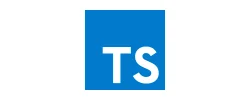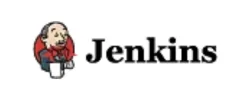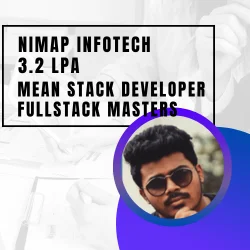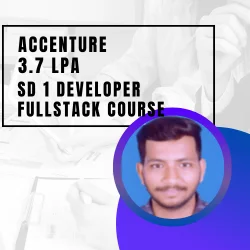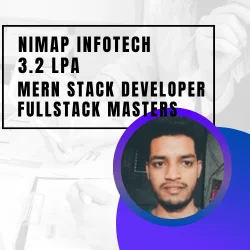Mastering Full-Stack Development with the AJIO Clone Project
Awdiz offers a Full Stack Developer Training course that is designed with a hands-on approach. Whether you're learning to code or trying to sharpen your skills, creating clones of popular websites is a fantastic way to understand the real-world applications of the tools and technologies you're learning. Today, we're going to take a deep dive into a remarkable project developed by one of our talented students at Awdiz - a clone of the popular e-commerce platform, AJIO, using React.js
This React ecommerce project is an integral part of our curriculum and gives our students a real-world coding experience. Creating a clone of AJIO, an intricate e-commerce site, is a comprehensive way to learn and demonstrate a vast range of full-stack development skills. This project covers everything from user authentication to product listing, shopping cart, and even payment handling. It's a substantial project that you can proudly showcase in your portfolio, setting you apart in the competitive job market. The ecommerce project in React.js is available on GitHub, providing our students with the opportunity to engage with the code outside of the classroom. This React.js ecommerce project on GitHub enables learners to understand the practical implementation of the concepts they learn during the course.
In the course, we also delve into building an ecommerce website like Amazon using React, Node, and MongoDB. This comprehensive project provides our students with the skills and knowledge to develop dynamic, user-friendly ecommerce platforms. Our Full Stack Developer Training course provides an excellent foundation for anyone aspiring to have a career in web development. The inclusion of real-world projects, like the AJIO and Amazon ecommerce clones, ensures our students are well-prepared for the industry. Experience the future of web development learning with us at Awdiz!





